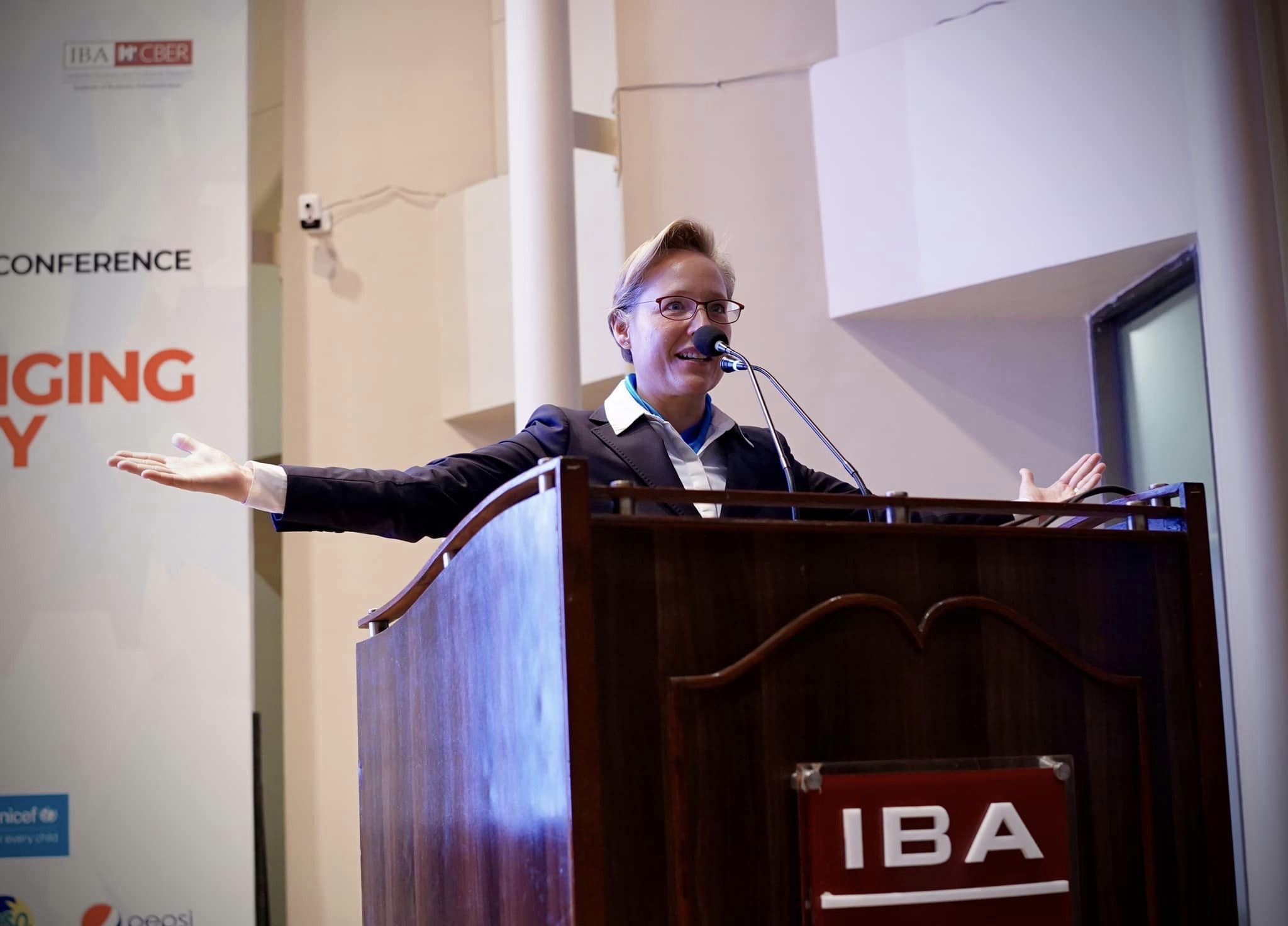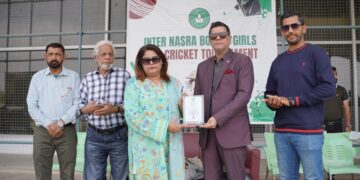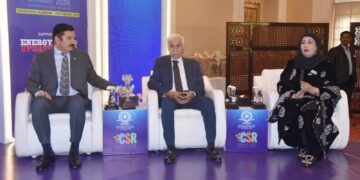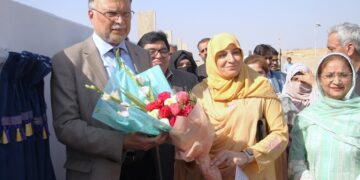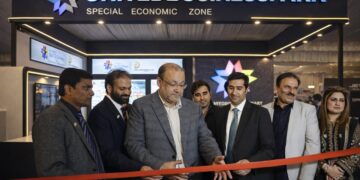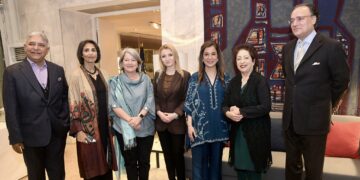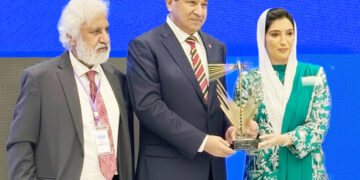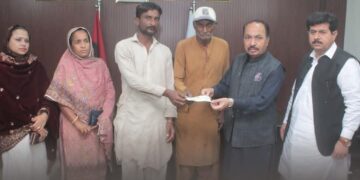Karachi: The School of Economics and Social Sciences (SESS) at the Institute of Business Administration (IBA),
Karachi organized the 3 rd Annual International Conference on ‘Challenging Linearity’. The three-day conference commenced on November 16 and will conclude on November 18. The conference aims to challenge linear thinking related to the social, technological, economic, institutional, and environmental sectors of Pakistan, through valid and systematic research.
Executive Director IBA, Dr. S Akbar Zaidi, inaugurated the conference and welcomed all the participants who came from remote universities of the country and abroad. Dr. Zaidi reiterated that we need such newer initiatives that can challenge the present problems of the country in different sectors and should try to address them with new mechanisms supported by scientific research. He stressed that unprecedented problems warrant unprecedented solutions backed by valid data.
Franziska Ohnsorge, Chief Economist, South Asia Region, World Bank in her keynote address titled ‘Towards Faster, Cleaner Growth’, emphasized various facets of the economic outlook of South Asia, highlighting fiscal challenges, investments in renewable energy, and their implications for labor markets.
The keynote was followed by a panel discussion highlighting the sustainable energy future. The panel discussion was moderated by Dr. Junaid Alam Memon, Professor and Director, Center for Business and Economics Research (CBER). Panelists included Dr. Jens Lowitzsch, Professor, Europa-Universität Viadrina, Frankfurt (Oder);
Satyendra Nath Mishra, Assistant Professor, School of Rural Management, XIM University; Afia Malik, Senior Research Economist (Energy), Pakistan Institute of Development Economics (PIDE); and Mudassir Zuberi, Head, Business Development, K-Electric; who claimed that the regulatory quality and policy and institutional framework play a vital role in facilitating opportunities for consumers by placing them at the heart of the global energy transition.
At this platform, prominent researchers from different institutions in Pakistan and foreign countries will present their research, aiming to identify the loopholes in various sectors of Pakistan and offer solutions. The conference will continue for the next two days, and researchers will share their findings based on their research projects with the participants.
The conference will feature four keynote speeches, seven panel discussions, a doctoral symposium, and 48
technical papers presentations by researchers from Pakistan and Asia-Pacific, Europe, USA and other regions of the World.





